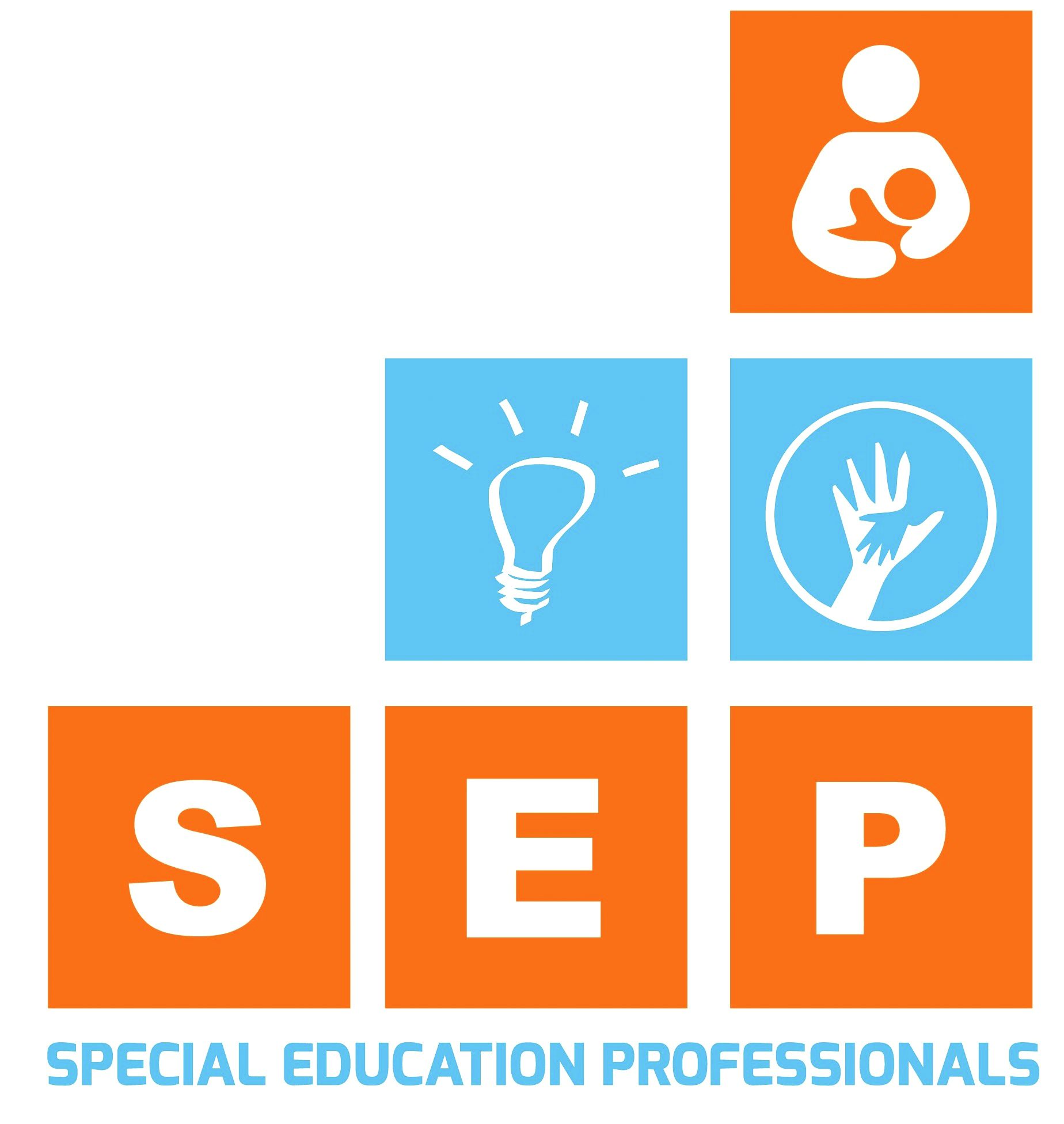Stigmatization in the community remains a significant challenge, especially for families with children with disabilities. Unfortunately, fathers often abandon their families or neglect their disabled child, leaving mothers to bear the full responsibility, sometimes facing social exclusion themselves. To address this issue, SEP has launched father forums aimed at supporting fathers by providing psychosocial assistance and education on the causes of disabilities. These forums encourage fathers to actively participate in their child’s care, promoting better understanding and communication within the family. This initiative seeks to improve family dynamics, share realistic responsibilities, and foster acceptance and social inclusion of children with disabilities.
SEP has initiated father forums in five communities, discovering that many fathers lack knowledge about their child’s condition and struggle with acceptance and stigma. The forums provide a much-needed platform for fathers to share their experiences, improving their psychosocial well-being and relationships with their children and partners. These forums are facilitated by a psychologist using the Acceptance and Commitment Therapy (ACT) model, which helps fathers identify their thoughts, emotions, and behaviours. A father with a daughter with Down syndrome co-facilitates the sessions, serving as an ‘icebreaker’ and fostering a supportive environment. This approach strengthens fathers’ emotional resilience and builds a support network that benefits both them and their children.
Key outcomes of these sessions include:
Increased participation of fathers in their child’s therapy.
Greater insight among fathers to help them cope with the challenges related to raising a child with a disability.
Enhanced family cohesion, as both parents gain accurate information about the child’s condition and realistic expectations for therapy outcomes.
These efforts are essential in promoting a healthier family life, where fathers are more involved and supportive, leading to better overall well-being for children with disabilities.
